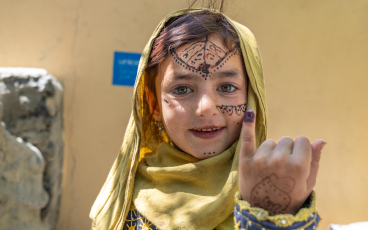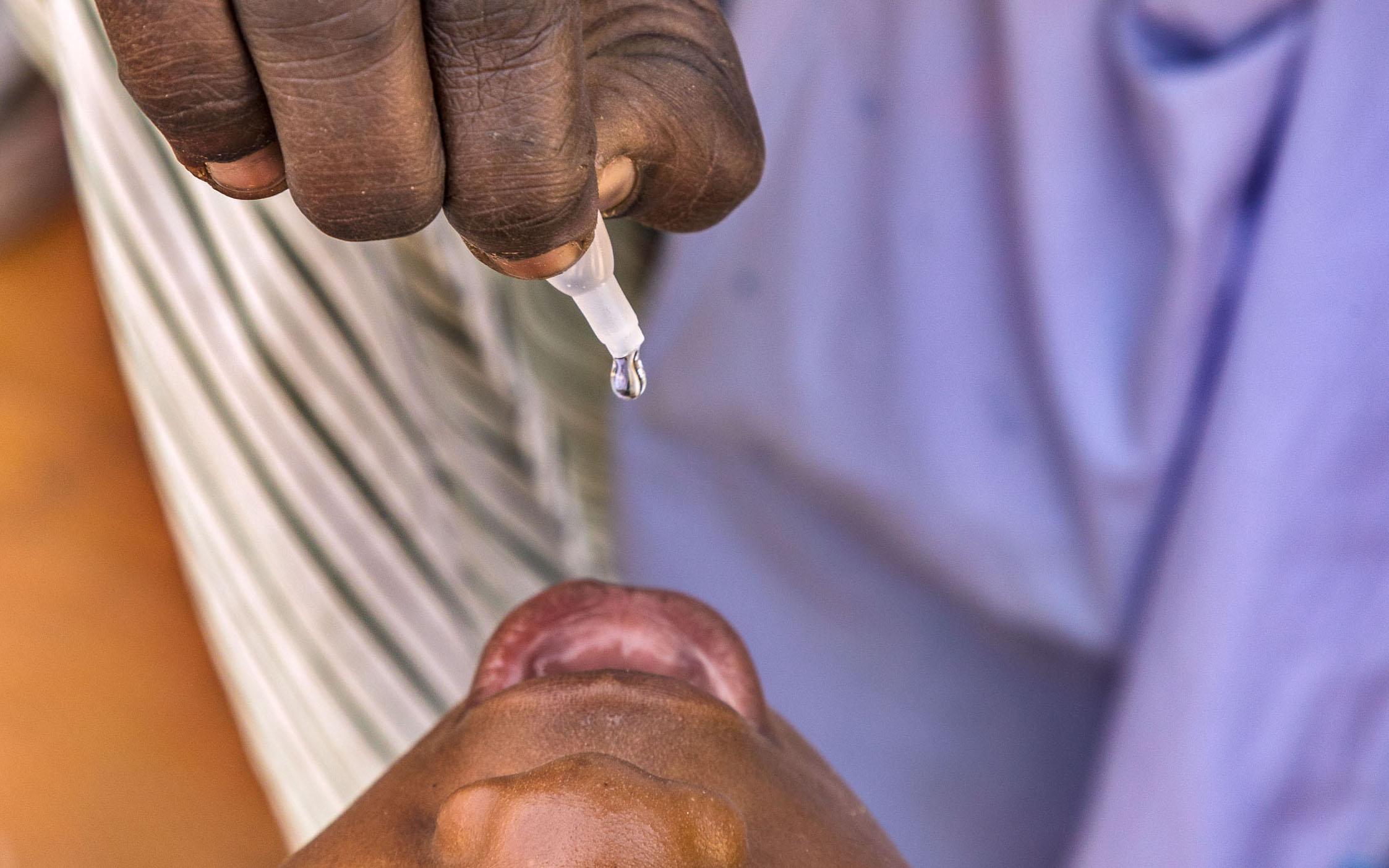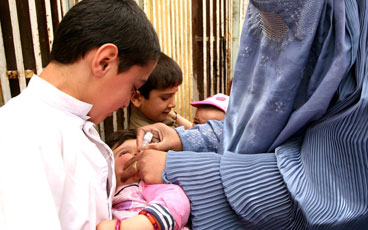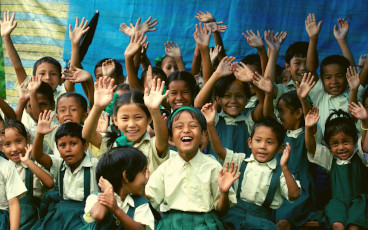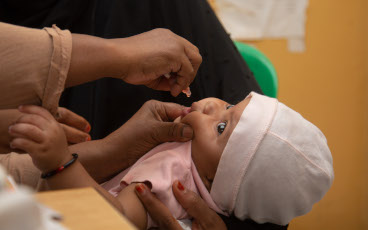Raising each other up:
A look at some of the women in Somalia’s polio programme
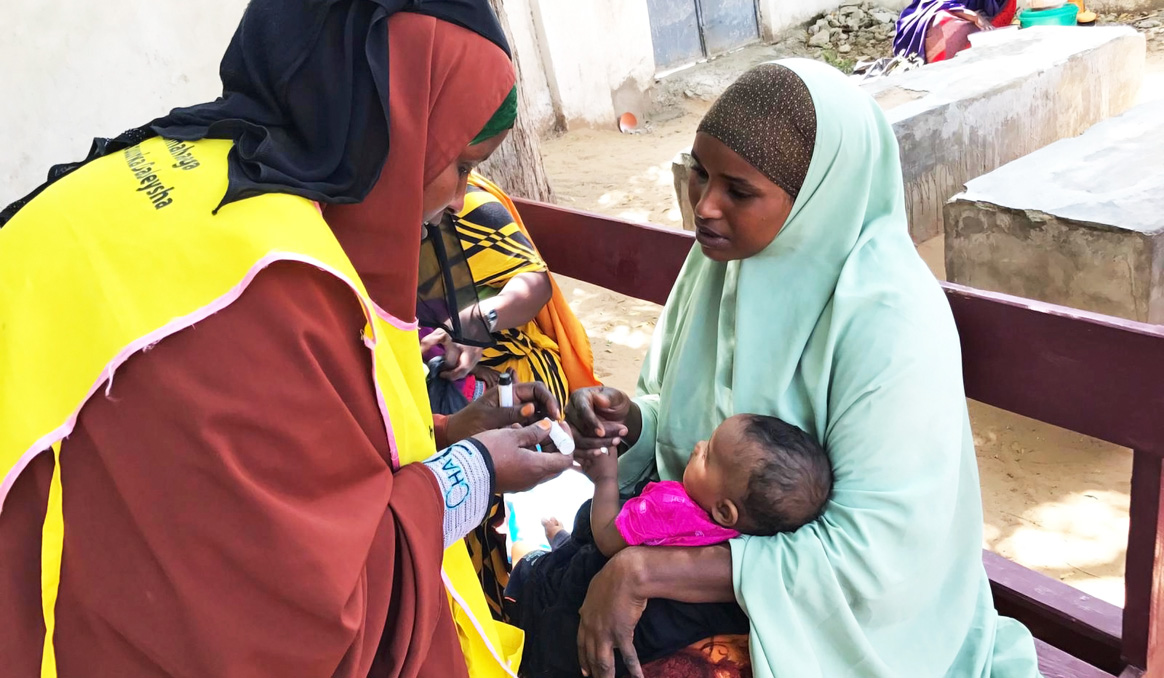
If you ask the women who work in Somalia’s polio programme why they do what they do, most will tell you they do this to help Somali children, to build a stronger future for Somalia, and to support their own families. Somalia is a complex country with many cultural and institutional challenges for women who work outside the home. Perhaps, as a result, there is a sense of solidarity among the women to pull each other up and work together in the fight against polio.
From the senior member of the polio programme to the district-level polio officer (who chooses to remain anonymous for her own security), and for so many women in between, being part of the polio programme is not just a job, but a way to work together and support each other.
Dr Rehab Kambo—International Focal Point and Head of the Polio Programme, The World Health Organization, Garowe, Somalia
Dr Rehab Kambo wears two hats at The World Health Organization (WHO): International Focal Point and Head of the Polio Programme in the satellite office at Garowe, Puntland state of Somalia. After joining the polio programme, Dr Rehab set out to understand the context she was working in and one of the things she learned was about the strength of Somali women.
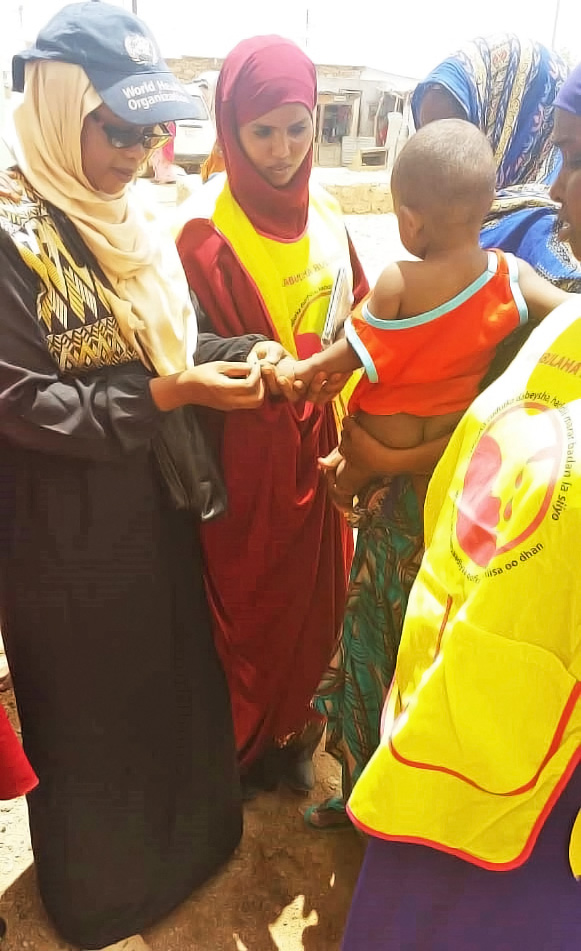
“It is easy not to notice that Somali women are stronger than men in their society, until you spend time with them,” she said.
For Dr Rehab, this realization was driven home on an early assignment. She and a colleague were conducting a surveillance review in a region known as Mudug. Dr Rehab had traveled to Galkacyo by road for eight hours during an active clan conflict, which was no easy feat. Movement was challenging, and the women had to travel with armed escorts. But they were determined, Dr Rehab explains, and they were on a mission.
The two visited transit points at the airport and health facilities to meet with Village Polio Volunteers, who serve the polio eradication initiative at the district level. Upon completing the mission, she and her colleague were elated. Dr Rehab looks back on this as one of the most satisfying – albeit stressful – experiences of her life as a polio eradicator.
Since then, Dr Rehab has taken on the challenge of two roles in one of the most operationally demanding regions in the world. For Dr Rehab inspiration comes easily from the women around her.
“In many instances, they are powerful, independent, and are decision-makers in their families,” said Dr Rehab of the Somali women. Even as a relatively privileged, educated woman, Dr Rehab admits there is a lesson in here for her, and for other women like her.
“Women are so strong, honestly. They can adapt to any role for the good of others,” she said.
Mira A—District Polio Officer, Somalia
Life in Somalia has been extraordinarily difficult since war broke out in 1991, and there is no doubt that it has been harder for women than for men. With an average fertility rate of 6.6 per woman, and high death rates in mothers – one out of every 12 women dies due to pregnancy complications – women are in need of timely and quality health services. A lack of education compounds the problem.
“Despite the challenges, women in Somalia have resiliently stood up to the task and engaged in small-scale businesses over the years to earn a living for their families,” said Mira A, a District Polio Officer in Somalia (we are not using her real name for security reasons).
For Mira A and women like her, taking work outside the home is a way to support not just their families, but themselves – and each other.
“Many women have no time to continue their education or look for other jobs, as they are so busy trying to earn money with their existing means,” she said.
When Mira A looks at the women around her, she sees that education is only part of the answer.
“There is a small sector of women who have managed to earn formal education, but even they do not earn money in most cases. They stay at home and look after their homes and children. Even they need to be empowered, even if it is just to help other women.”



